While being queer is largely accepted in many cities, there are still plenty of governmental nuances that highly impact the realities for those who identify as LGBTQIA+ living in Europe.
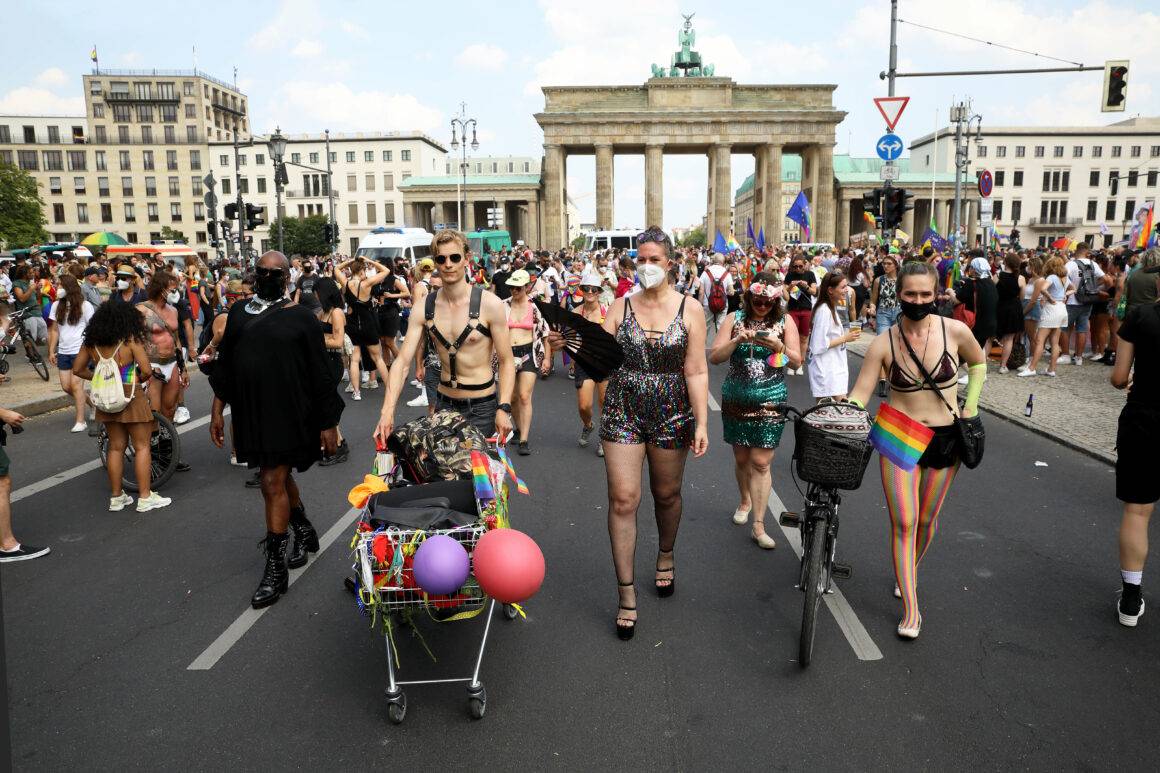
Queer in Europe – A Review of Recent LGBTQIA+ Policy.
With reports of negative targeting from politicians and governmental organizations across European countries in recent years the annual “Rainbow Map” produced by the ILGA released its new ranking of the 49 EU countries. The report, based on laws and policies that play direct impact on to the rights of queer communities, assess categories from equality and non-discrimination to asylum and legal gender recognition. With countries including the United Kingdom slipping in the ranks, it raises questions about the social and political direction of some. Topping the ranks in 2022, Malta maintained its top position, followed by Denmark and Belgium in third. The UK, recognized as the top EU country for LGBTQIA+ equality in 2015, now places at 14th.
With other issues including anti-trans rhetoric, the rise of the right and displaced communities seeking asylum growing across the continent, each EU nation must continue the fight for unwavering equality for their minority communities.
This unprecedented rise in queer asylum seekers has led the topic to be at boiling point. In Sweden, Gothenburg, a new campaign by West Pride is highlighting this very issue. Posing the question at the country’s annual Pride event, the Pride organization have teamed up with design company, AKQA to create an advertising campaign focusing on the plight of LGBTQIA+ refugees caught in the Swedish immigration system.
With all this in mind, we take a look at some of the neighboring nations across the continent and how they’re political spectrum impacts their queer communities.
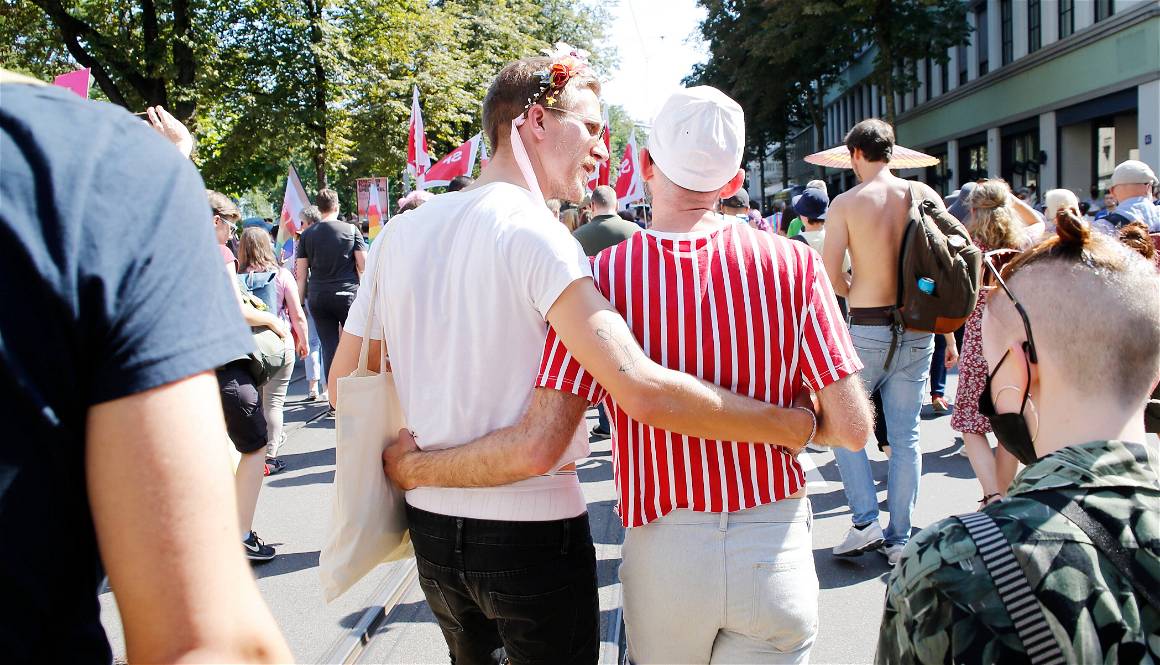
Switzerland
In Switzerland, wedding bells are in order. As of 1 July, 2022, same-sex couples in Switzerland will be allowed to legally get married. The legislation was passed in December of 2020 by the Swiss Parliament, but it was challenged in a referendum in September, 2021. It was finally approved with 64.1 percent support from voters. Registered partnerships were allowed for same-sex couples since 2007.
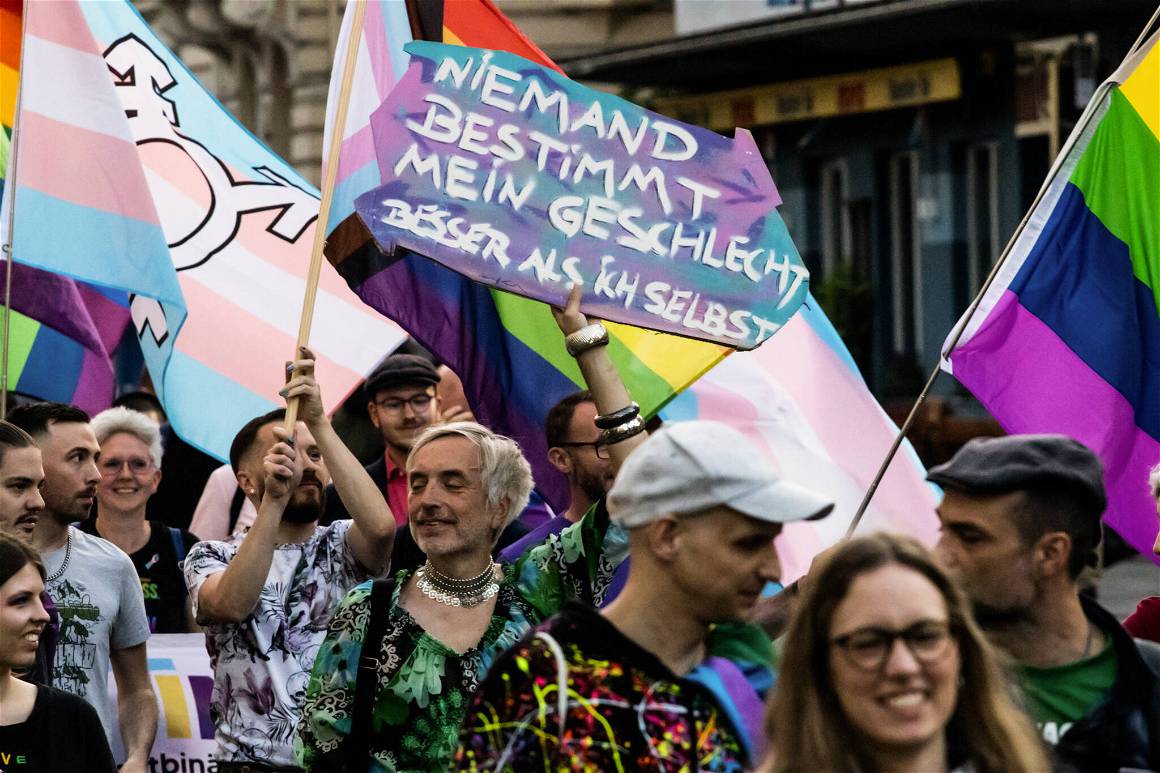

Germany
Germany banned intersex surgeries, a longstanding often harmful practice of sexual-determination surgeries on infants who are born intersex. Conversion therapy for minors was banned in 2020 – an interventional practice deemed often damagingin in attempting to alter someone’s sexual orientation.
Gender determination has been allowed for those who legally want to change their gender since 1980 (with a required transition-surgery which has since been declared unconstitutional.) Nevertheless, it was reported that Germany still lacks gender-recognition reform over the last 40 years, as the bureaucracy in changing one’s name and gender legally in Germany has been described as “degrading, expensive and illogical.”
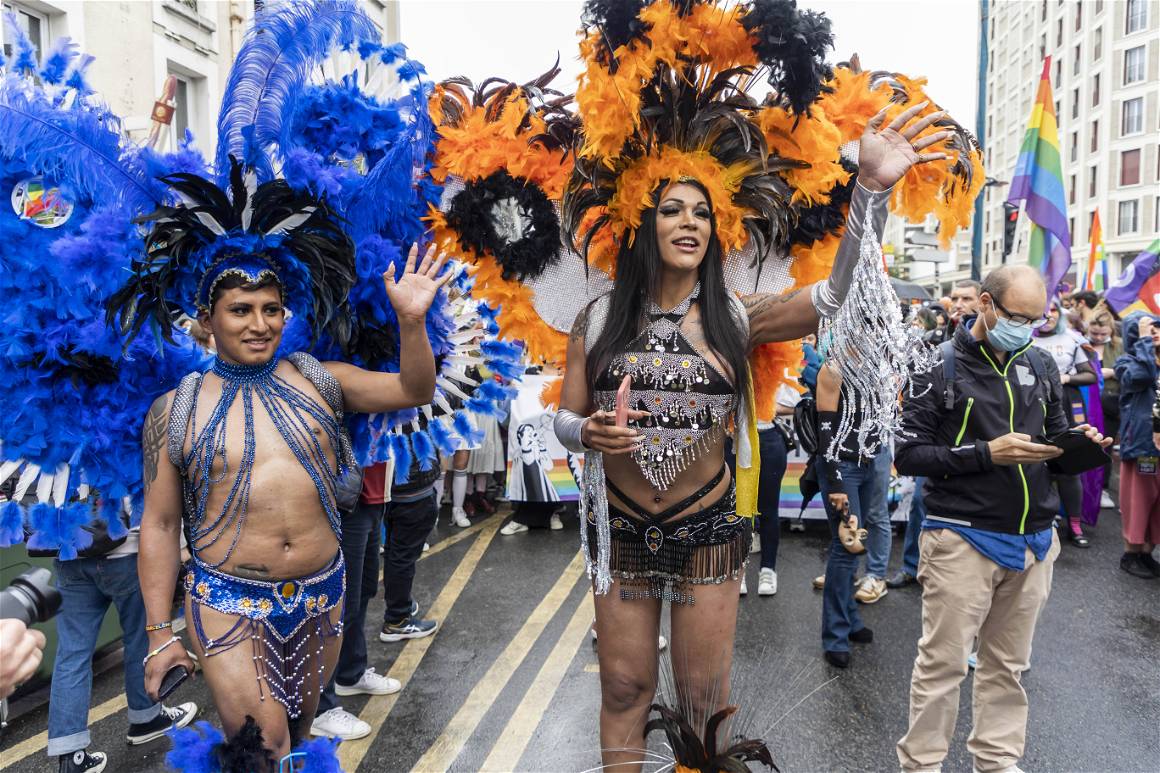
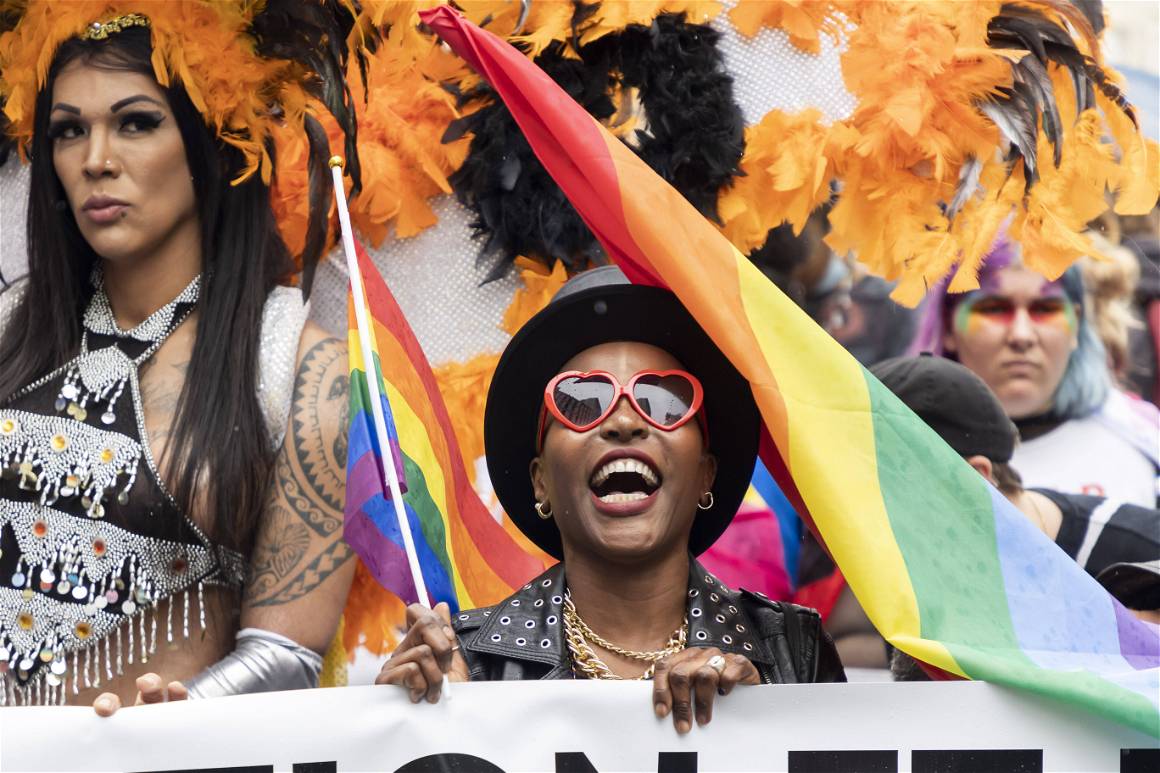
France
In September of 2021, a law legalizing assisted reproduction for lesbian couples who wish to start a family came into affect. This year, France became the third country to ban conversion therapies after Malta in 2016 and Germany in 2020. Gay and bi men no longer have to wait the four-month deferral period policy for donating blood as of March, 2022. A 2022 court appeal also ruled that a mother born male should be considered the biological mother of the child conceived before her transition.
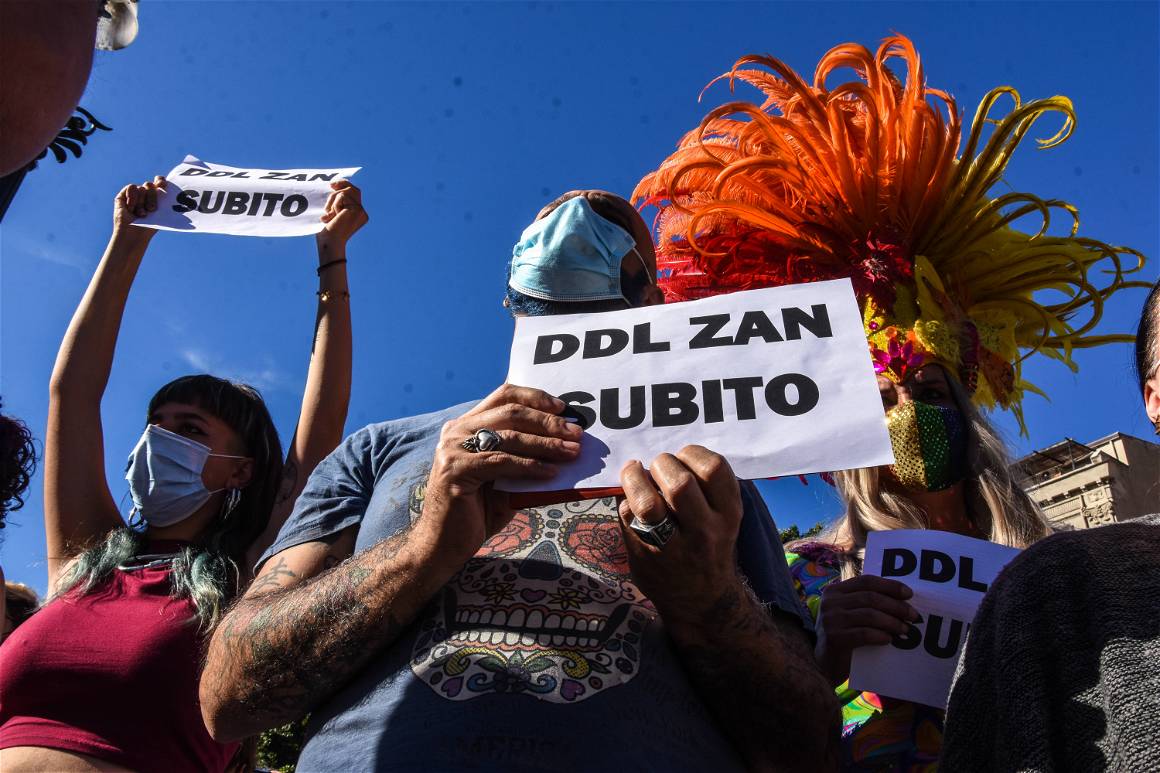
Italy
A bill referred to as ‘ddl Zan,’ proposed by Alessandro Zan of the Democratic Party, which would extend an anti-racism law to include women, gay and transgender people, died in the Senate in October, 2021. In November of 2021, the Senate approved a bill banning homophobic or transphobic messages in advertisements on streets or vehicles.
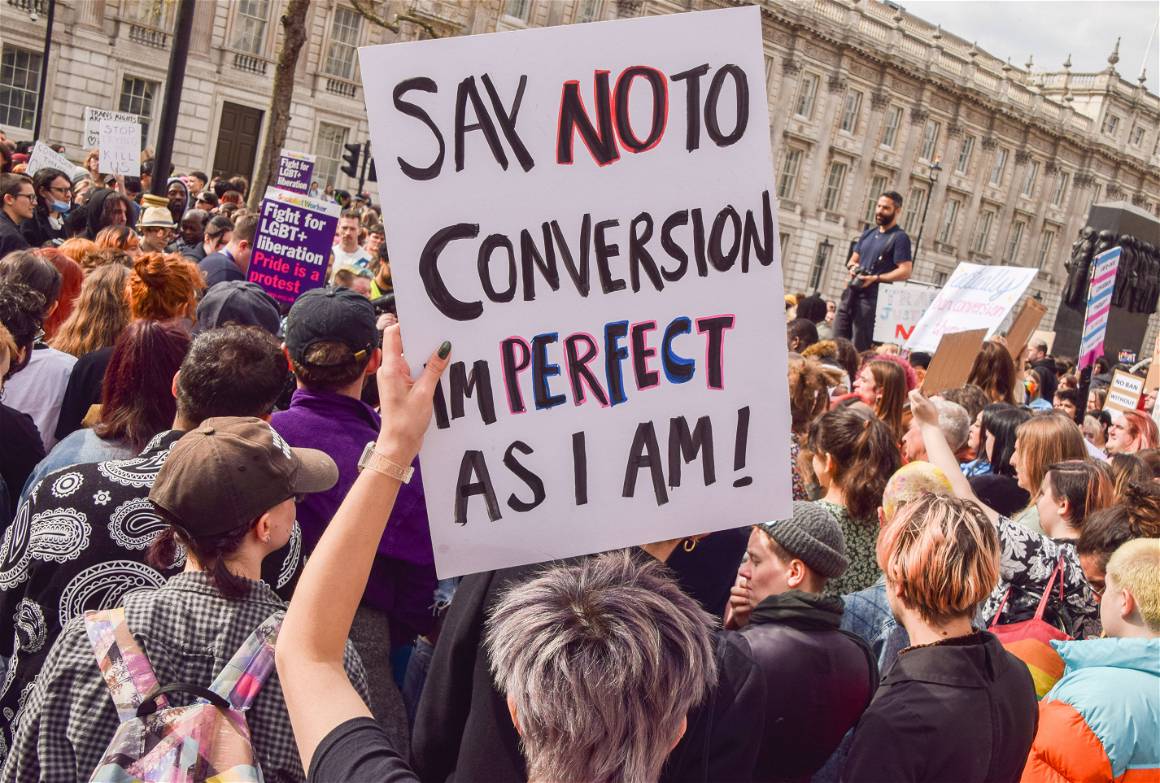
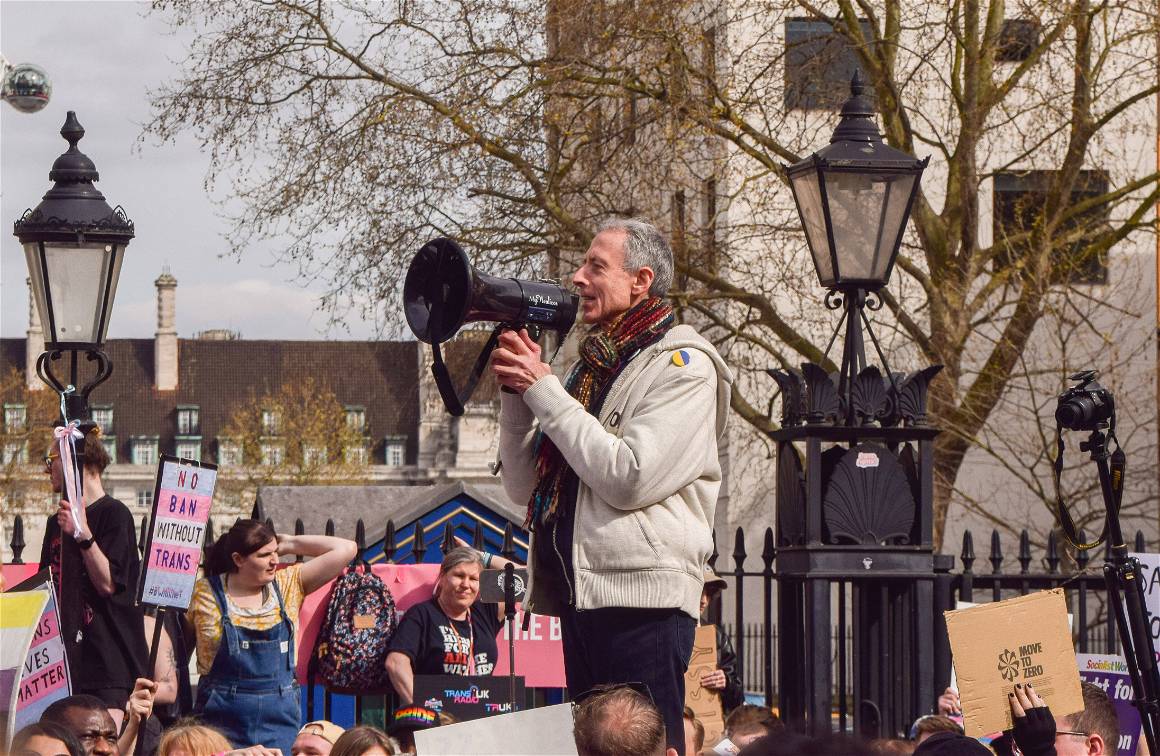
The United Kingdom
2021 was the first year that the census included questions regarding gender identity and sexual orientation. While the United Kingdom, especially in urban pockets, is widely accepting of the queer community, the government recently cut funding for an anti-LGBT+ bullying program despite a report finding that 46 percent of students identifying as LGBTQI+ feel unsafe at school. Laws throughout UK countries promoting increased sex-education on LGBTQ+ issues in schools are coming into effect nonetheless, while the UK Government has expressed its intention to ban conversion therapy with the exclusion of transgender citizens, which has upset activists. Activists have also been urging the UK Government to make reforms to the Gender Recognition Act surrounding trans healthcare, legal recognition for non-binary people and forced intersex surgeries.
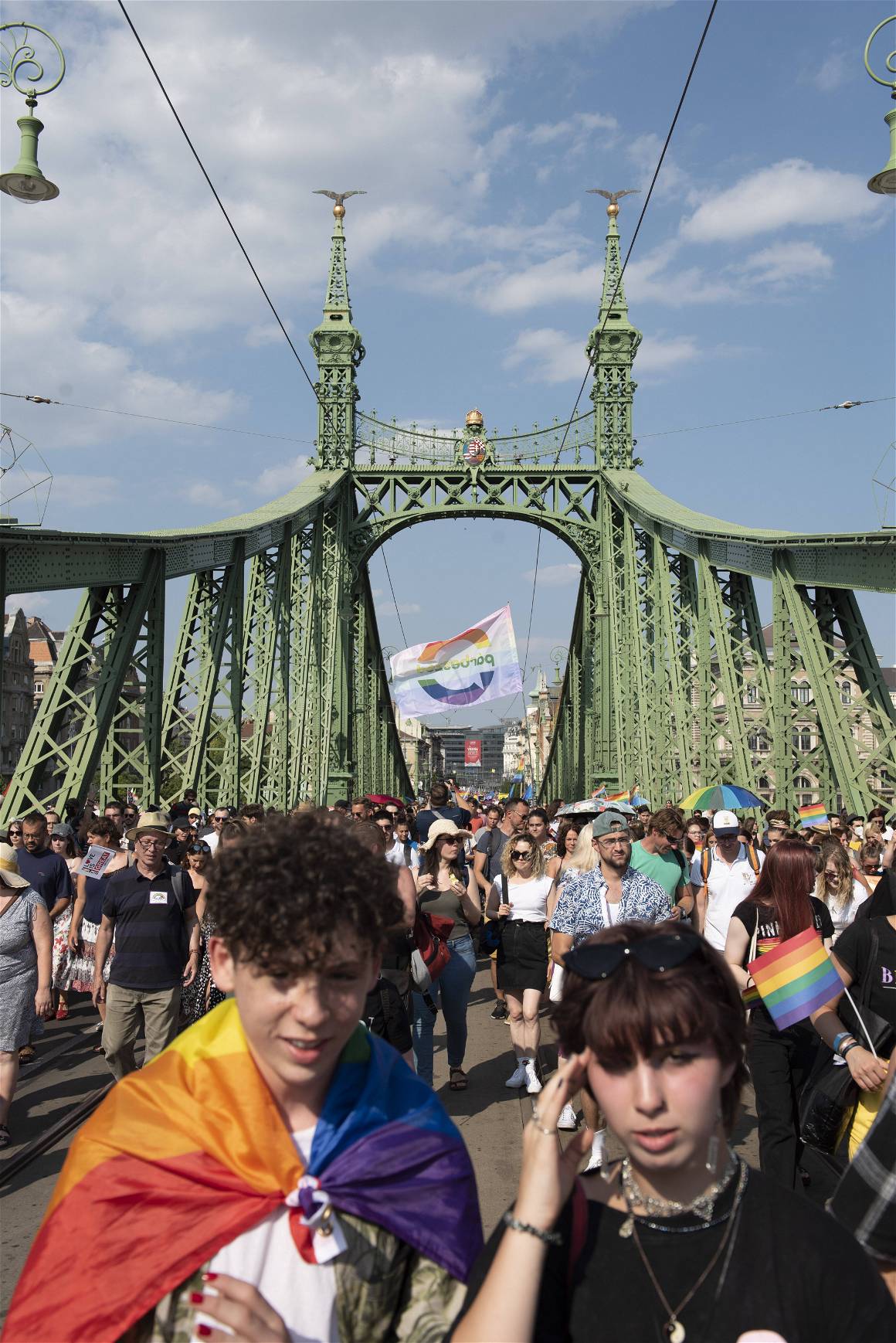
Hungary
A law was passed in June, 2021 by Prime Minister Viktor Mihály Orbán banning homosexual and transgender education or ‘propaganda.’ Gender and name alterations as well as legal recognitions of transgender people were banned in May of 2020. Budapest’s mayor Gergely Karácsony who joined the Pact of Free Cities with Prague, Bratislava, Warsaw, and Budapest which promotes tolerance and diversity, has called Orban’s ban on LGBTQ+ education as ‘hate propaganda’, and gave a speech at the Budapest Pride March last summer.
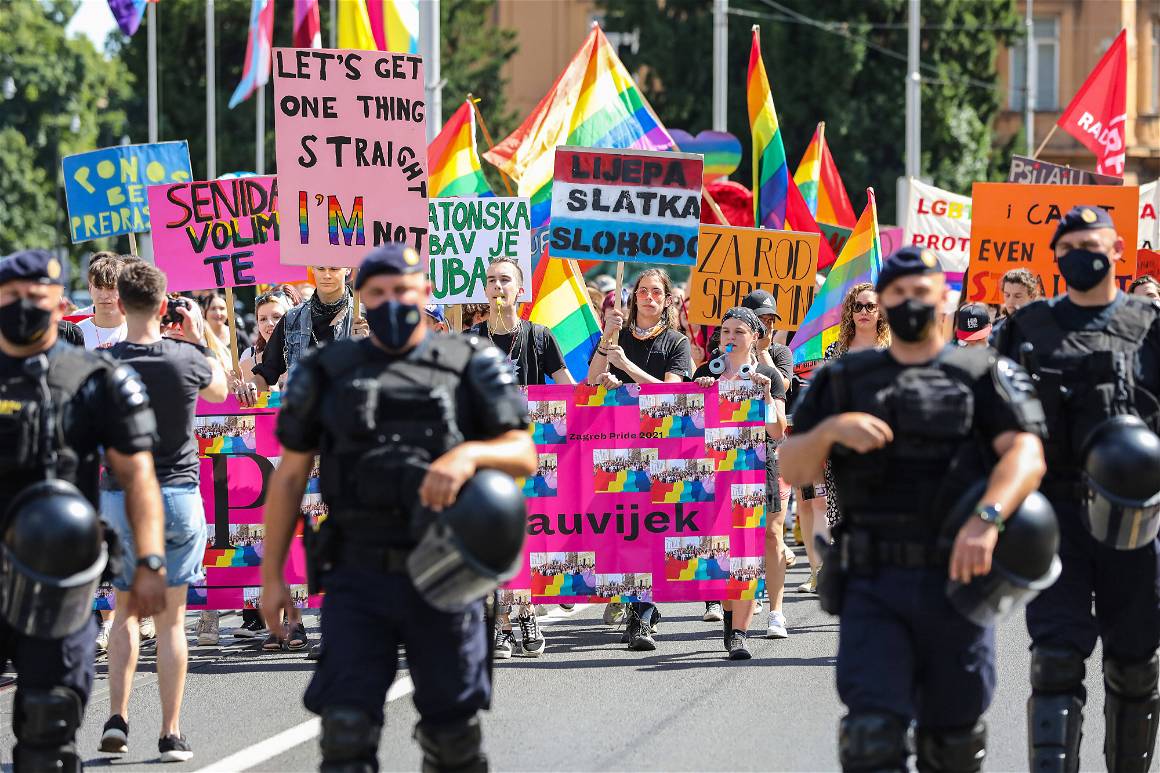
Croatia
The High Administrative Court ruled in April of 2021 that same-sex marriage entered abroad must be recognized as a registered partnership in Croatia. Same-sex couples can also now adopt children in Croatia. Left-wing Parliament member Tomislav Tomašević in 2021 was the first mayor to attend Zagreb Pride.
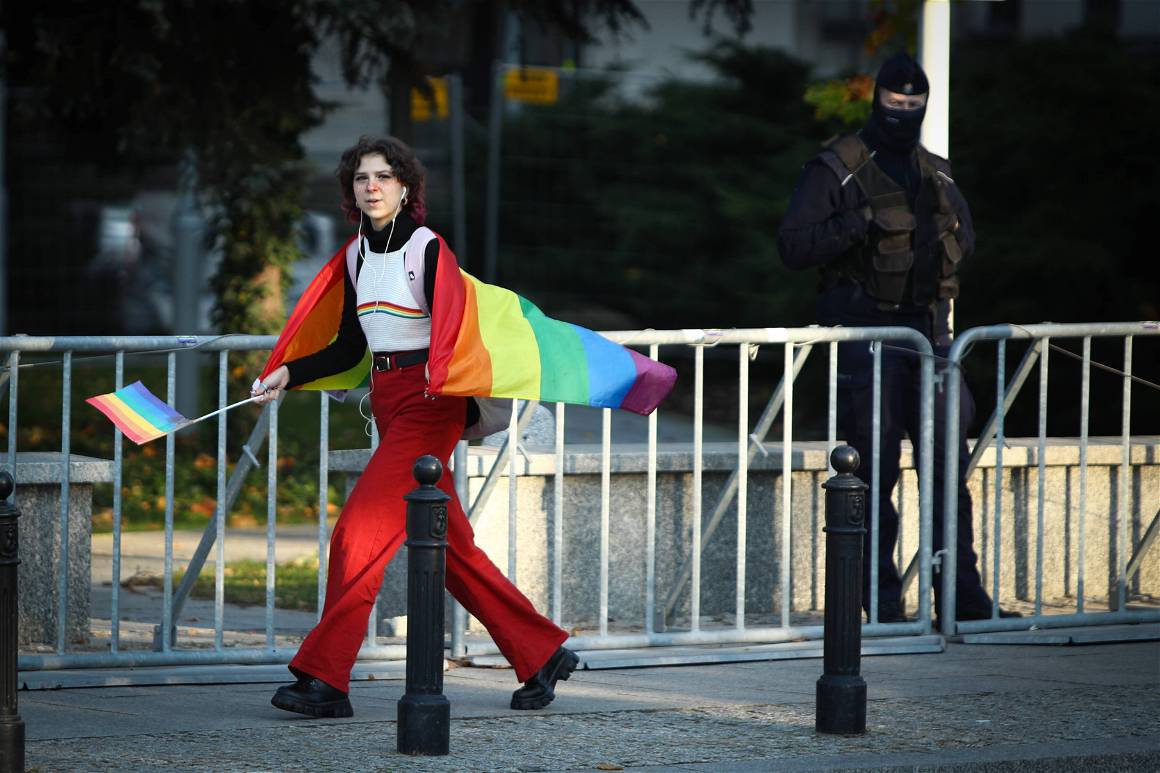
Poland
Some municipalities and regions in Poland began to declare themselves as ‘LGBT-Free Zones’ where what is considered ‘LGBT-Idealogy’ is unwelcome, banning any marches or events related to Pride. By June, 2020 around 100 municipalities had adopted these resolutions in response to Warsaw’s mayor who signed a declaration supporting LGBTQ+ rights, and the intention to integrate education into the Warsaw curricula.


